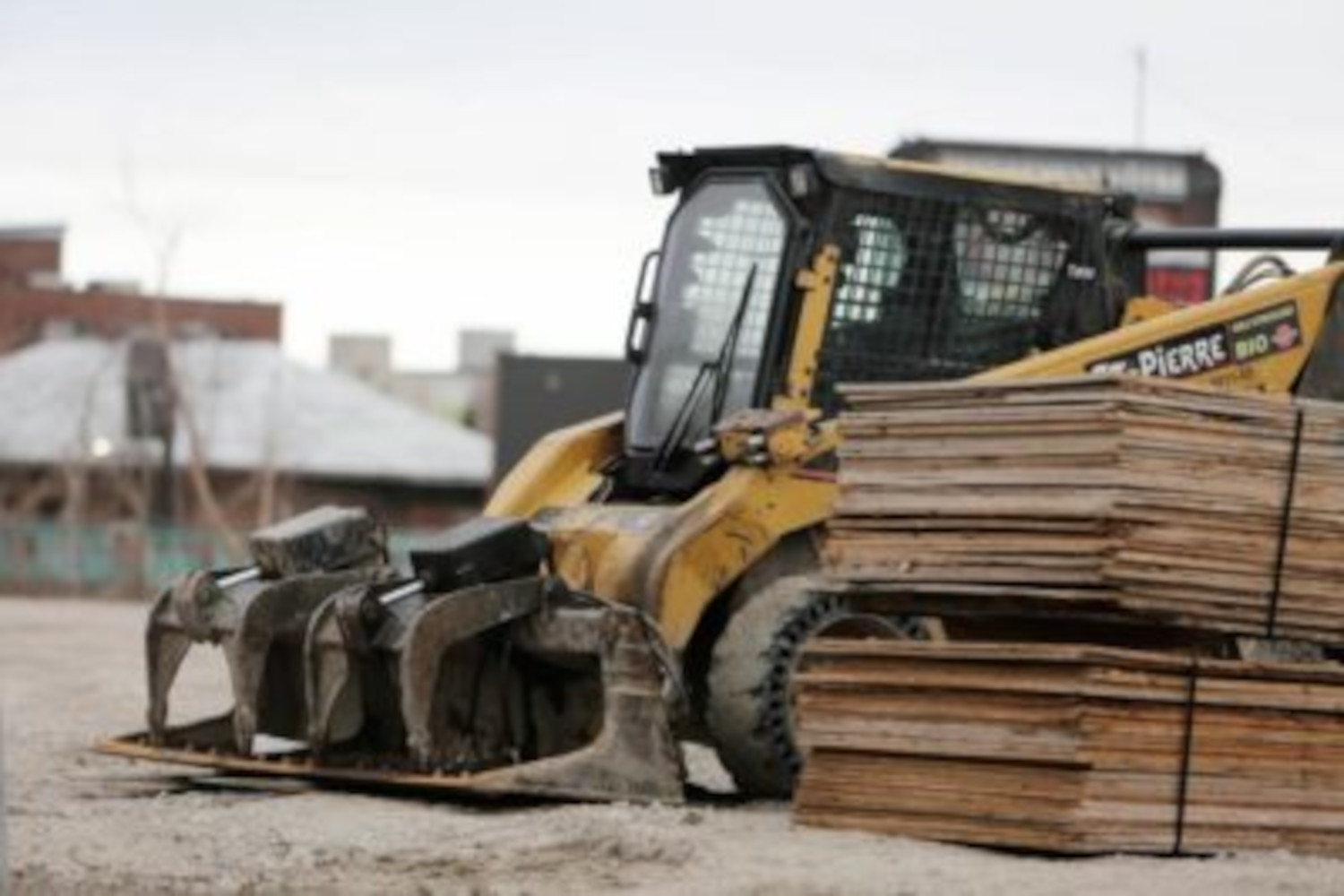
A recent federal appellate decision examined an issue regarding private construction projects on public land in District of Columbia v. Department of Labor, 819 F.3d 444 (D.C. Cir. 2016). In this particular case, the district court and the appellate court involved refused to extend the application of the Davis-Bacon Act to the project in question. With the 2016 presidential election about a month away, this recent decision is important in the context of the construction industry because the administration that wins the election—depending on their labor stance—may push for more or less application of the DBA through the Department of Labor, an executive branch agency. Moreover, given the decision of the court, legislators running for election or reelection to Congress may have labor stances that should be examined by those interested in this issue and decision. This blog examines the opinion of the court and its reasoning in reaching its decision in this case and also comments on why this case is of importance to the construction industry.










